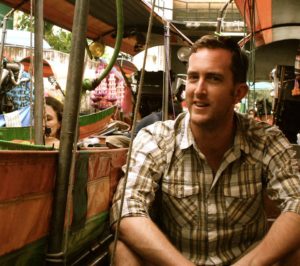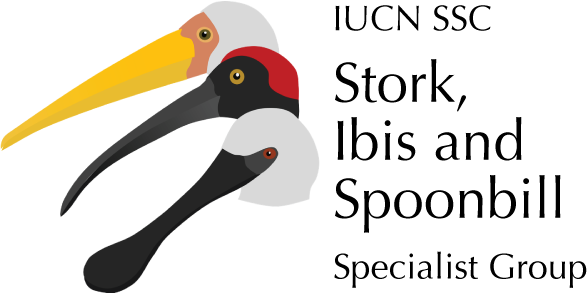 Harrison Edell, Senior Director of Living Collections at Dallas Zoo, has 20+ years of experience in animal care. In his current role, Harrison manages resources and operations for Dallas Zoo’s Department of Animal Operations, supervising animal husbandry programs that lead to the highest quality of care for a diverse collection of approximately 2,000 animals.
Harrison Edell, Senior Director of Living Collections at Dallas Zoo, has 20+ years of experience in animal care. In his current role, Harrison manages resources and operations for Dallas Zoo’s Department of Animal Operations, supervising animal husbandry programs that lead to the highest quality of care for a diverse collection of approximately 2,000 animals.
Harrison received Bachelors of Science (in Reproductive Physiology and Animal Behavior) from the University of California, Davis, as well as a Master of Science in Environmental Management (MSEM) from University of San Francisco, where his thesis assessed the success and sustainability of genetic management programs for captive avian populations.
Among previous positions, Harrison worked at the California Raptor Center (a division of the University of California’s Veterinary Medicine Teaching Hospital), San Diego Zoo’s Safari Park, San Diego Zoo, San Francisco Zoo, and Sacramento Zoo. A member of the Association of Zoos and Aquariums since 2002, Harrison is a member of the Wildlife Conservation & Management Committee, and was elected Chair for AZA’s Ciconiiformes & Phoenicopteriformes Taxon Advisory Group in 2015, advising the zoo community on issues related to conservation and husbandry of storks, ibises, and flamingos.
Harrison currently coordinates eight Species Survival Plan (SSP) programs (more than any other AZA Program Leader), overseeing cooperative breeding programs aimed at maintaining sustainable populations of anteaters, owls, starlings, ibises and ducks. Among these are international programs focused on conservation of critically endangered Waldrapp Ibis, as well as vulnerable Marbled Teal and Cape Ibis.
Professionally, Harrison has emphasized mentoring as a key component of animal management’s role, encouraging senior staff members to lead by example and actively supporting animal care professionals’ involvement in the AZA community. Previous field work has included time spent in south Asia: monitoring red pandas in Nepal, surveying wildlife trade in Thai markets, and tracking birds in India.
